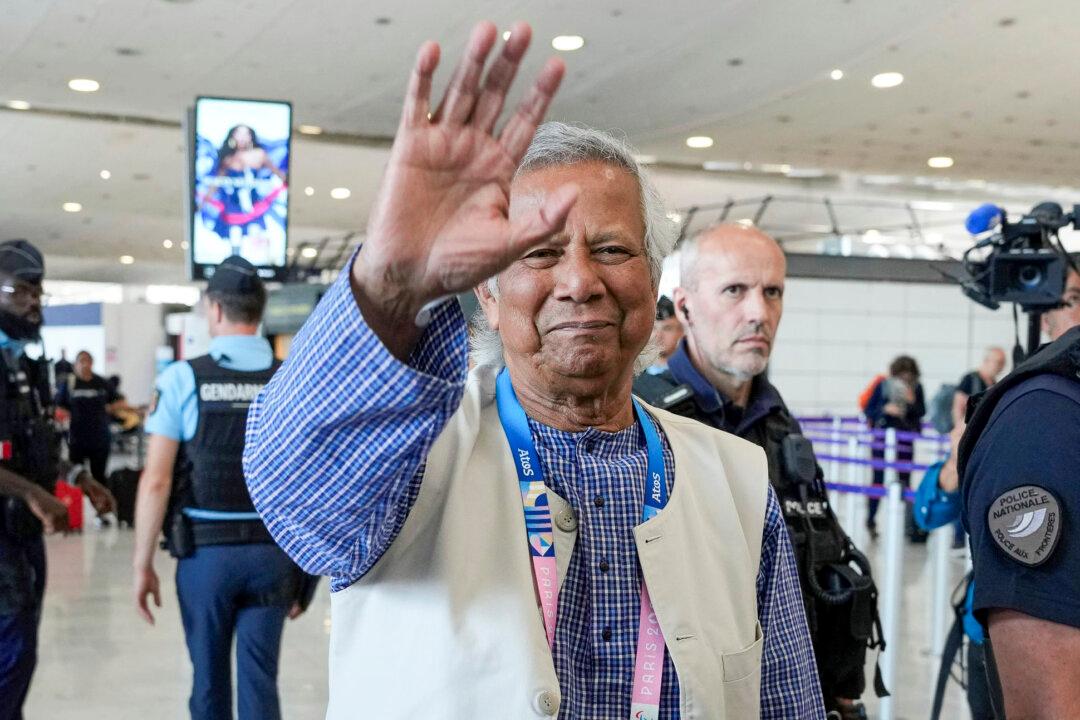An economist who won the Nobel Peace Prize has been sworn in as the interim chief adviser of Bangladesh after the army took over in the midst of violent protests against the government of Prime Minister Sheikh Hasina Rahman.
Muhammad Yunus, 84, became a Nobel laureate in 2006 for his work on setting up the Grameen Bank, which was founded in 1983 and offered millions of dollars in micro-credit loans to Bangladesh’s poorest citizens.





